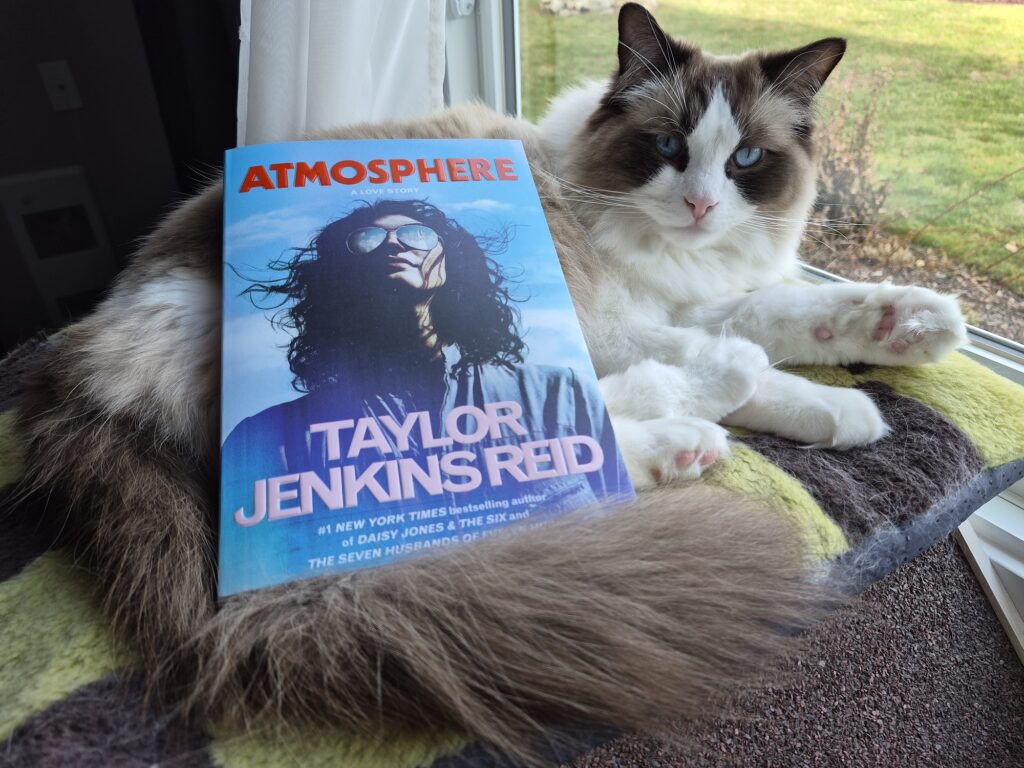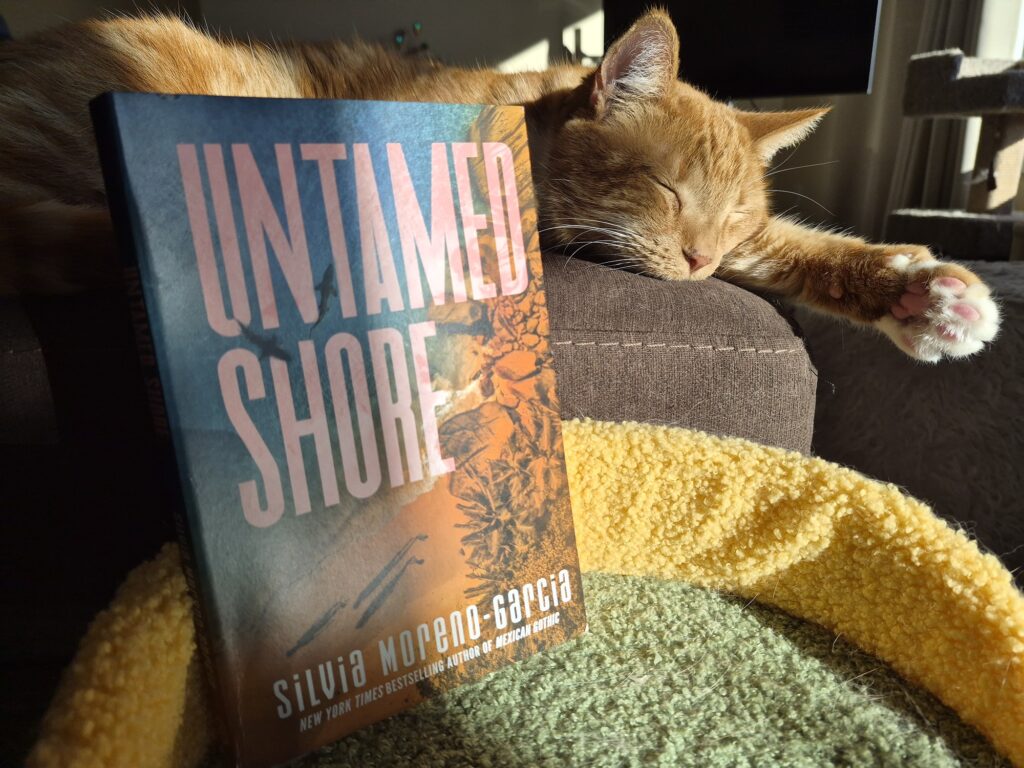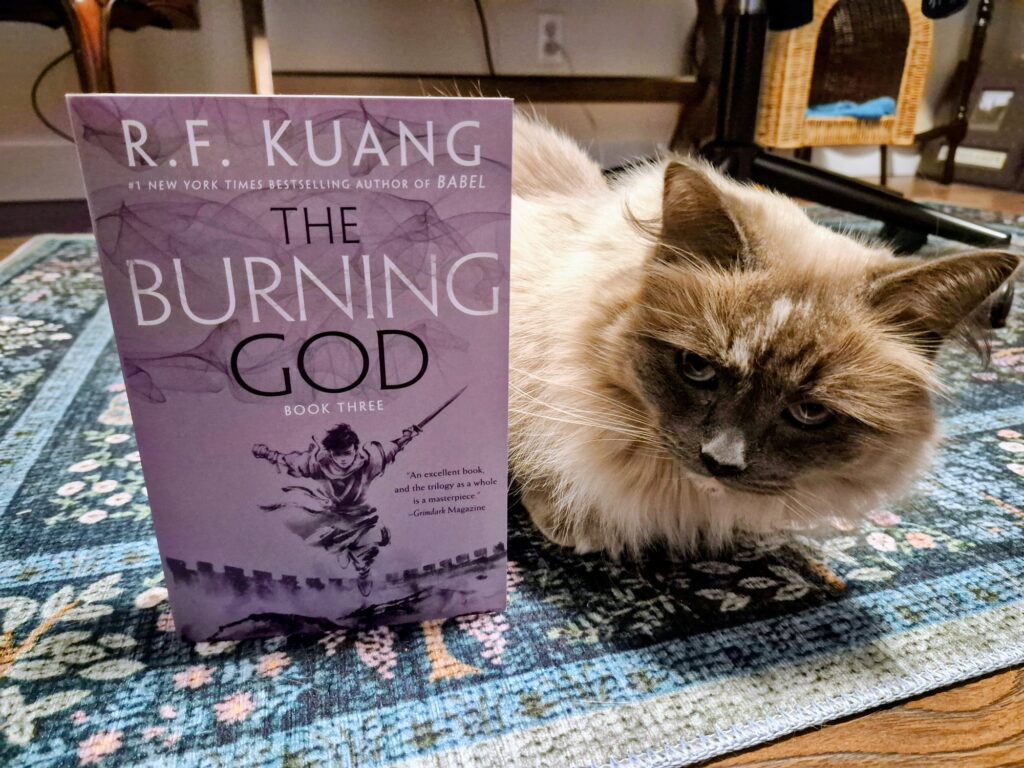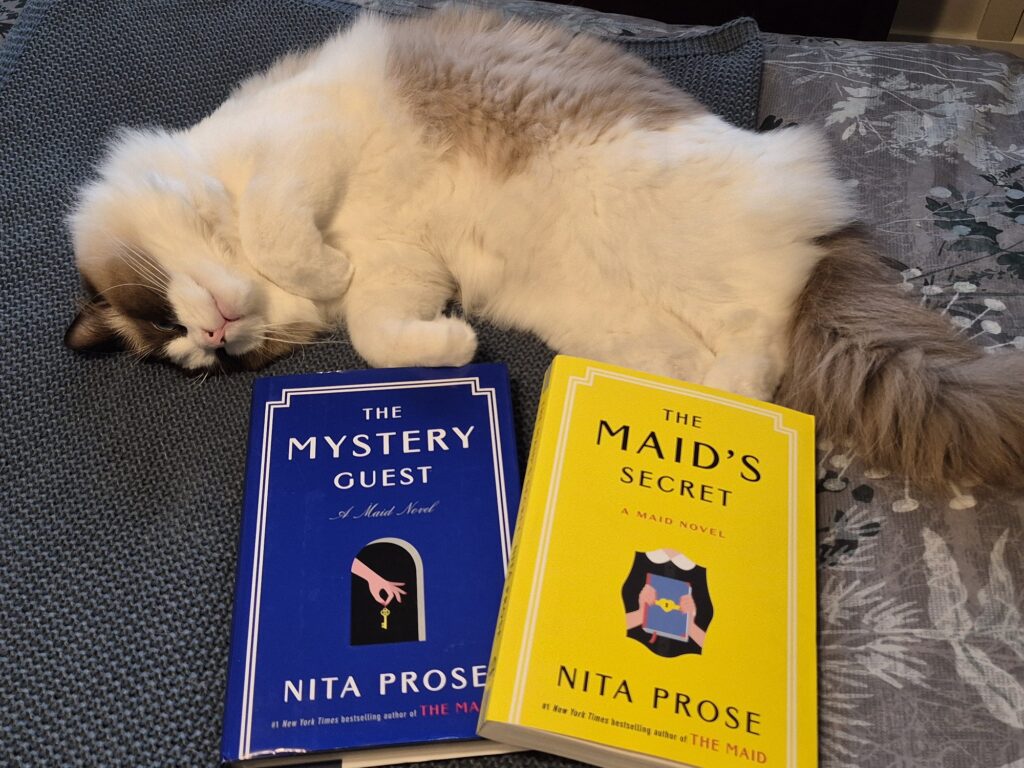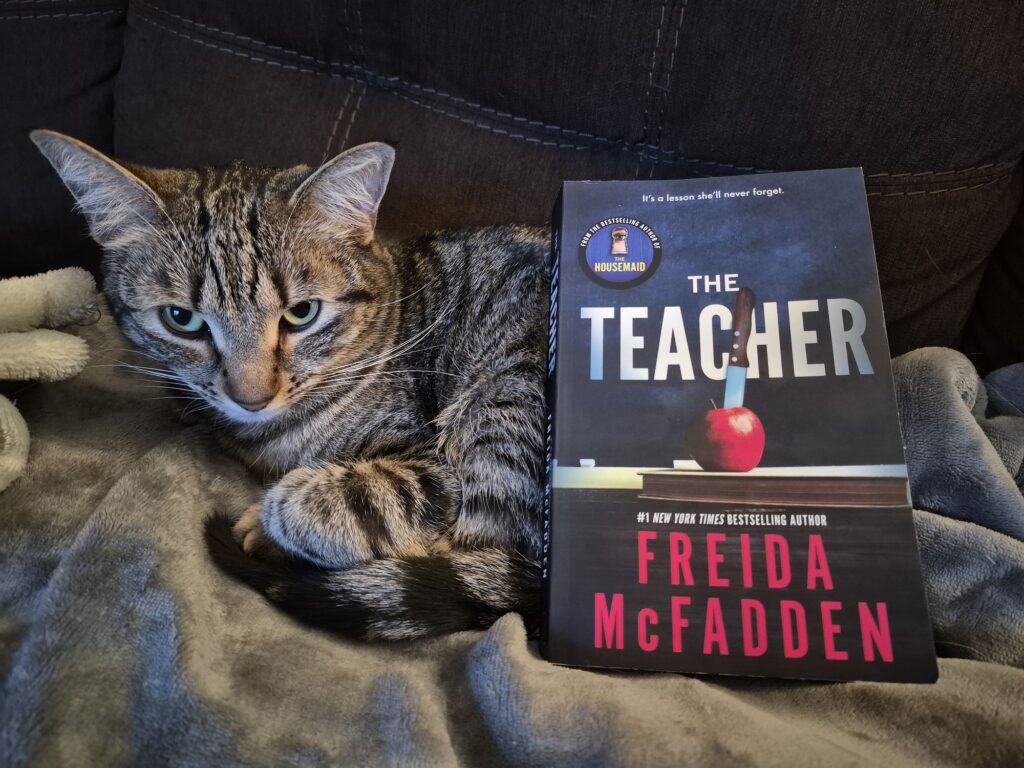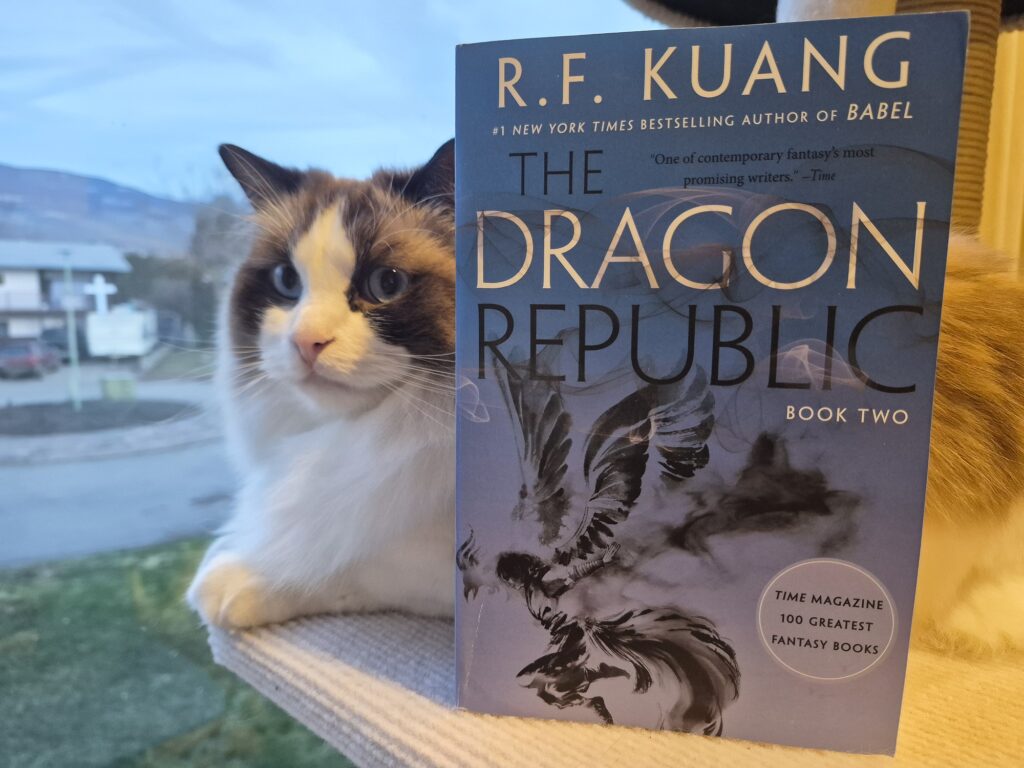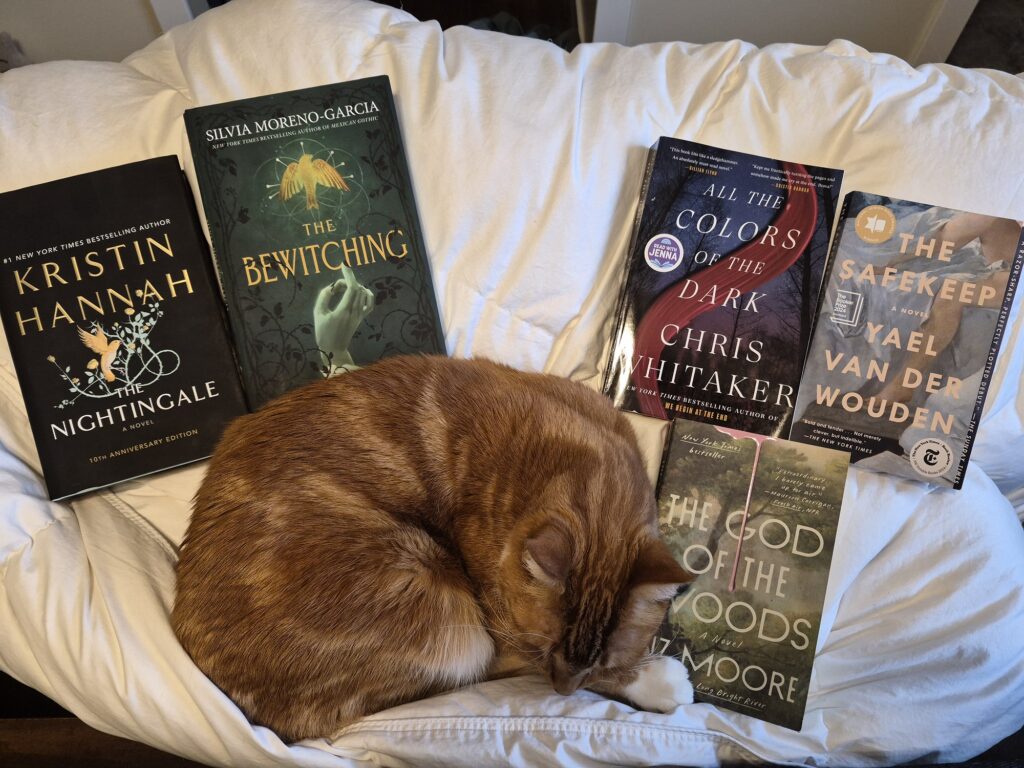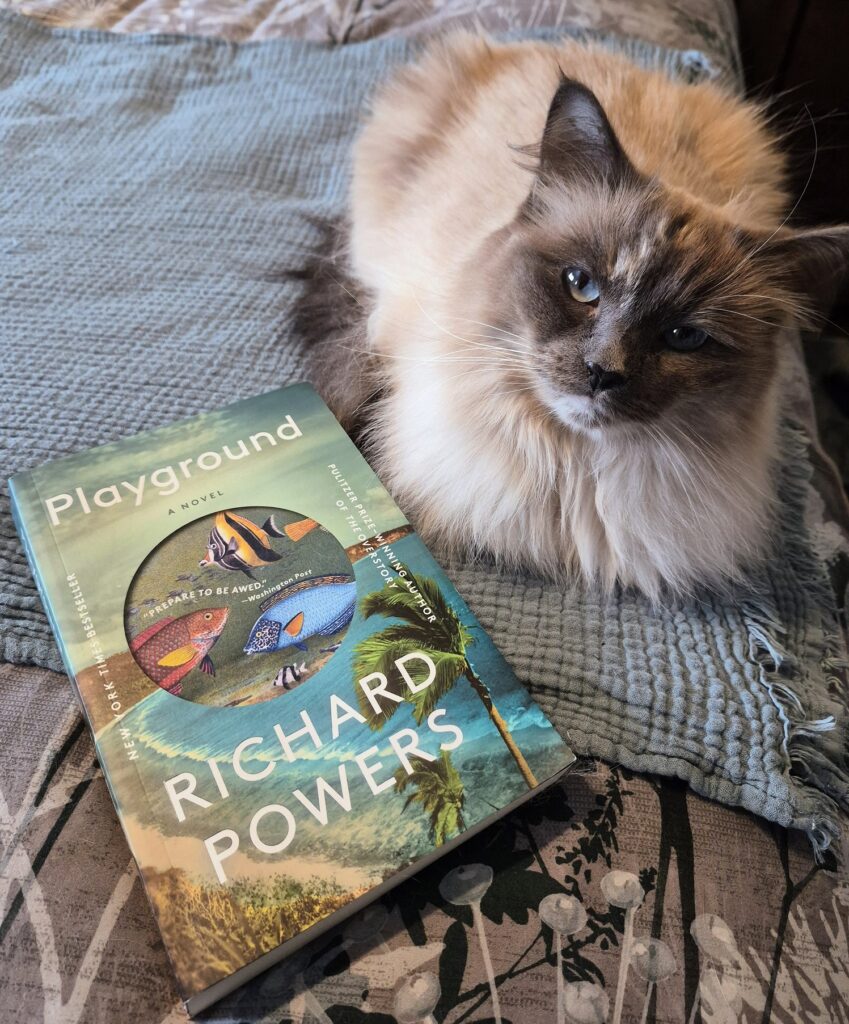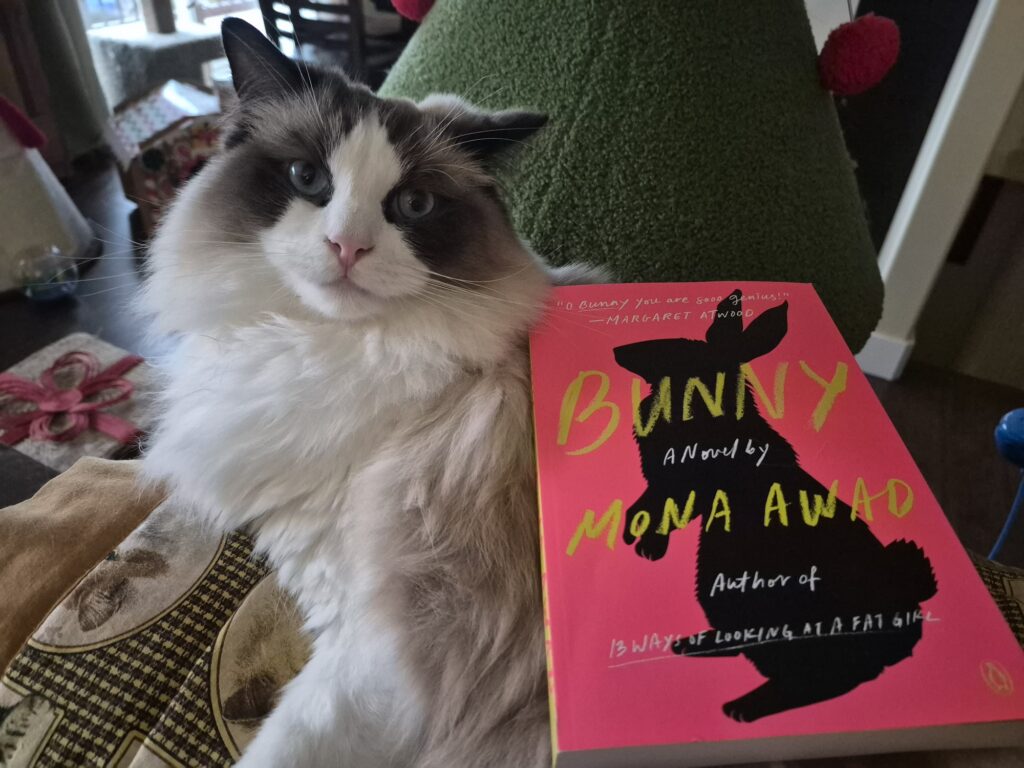real ones by katherena vermette
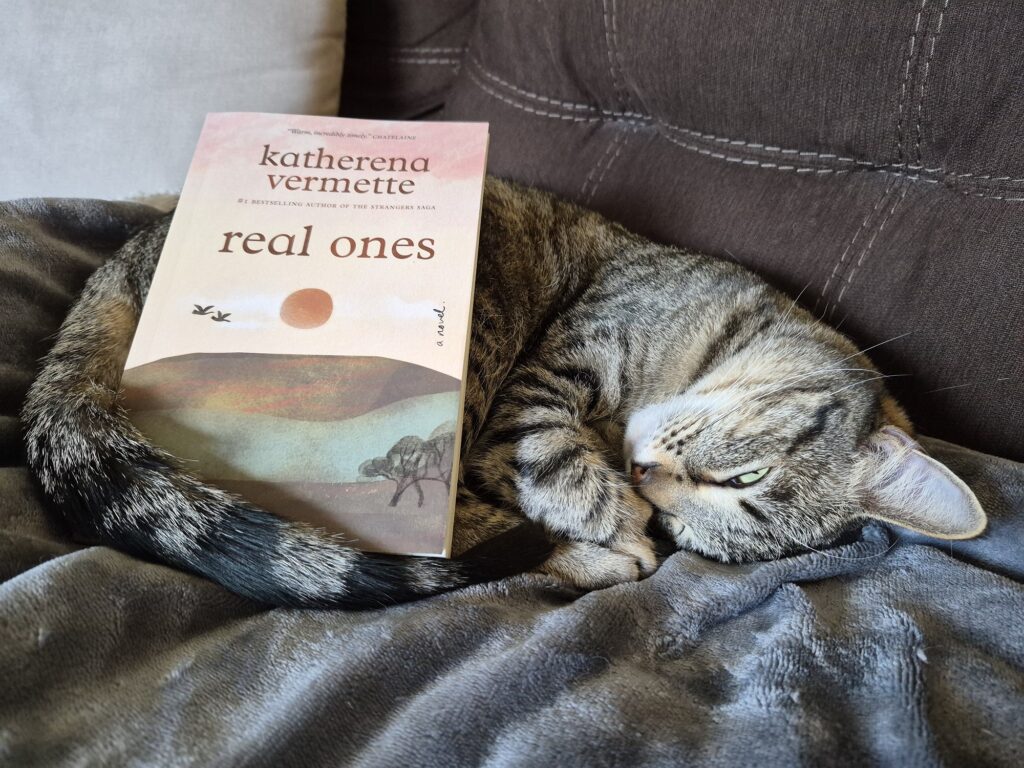
katherena vermette’s most recent novel, real ones, is about a subject that I find intriguing, people who falsely identify as Indigenous (or who falsely identify as any race really). This novel came out about a year after it was revealed that American musician Buffy Sainte-Marie’s fabricated claims of Indigenous ancestry. Where do white people get the audacity to pass themselves off as another race that has been marginalized by white people? (It’s a rhetorical question). As interesting as I found real ones to be, though, I must admit that I do not love how vermette wrote this story.
…